Shaping
the future
of the energy system


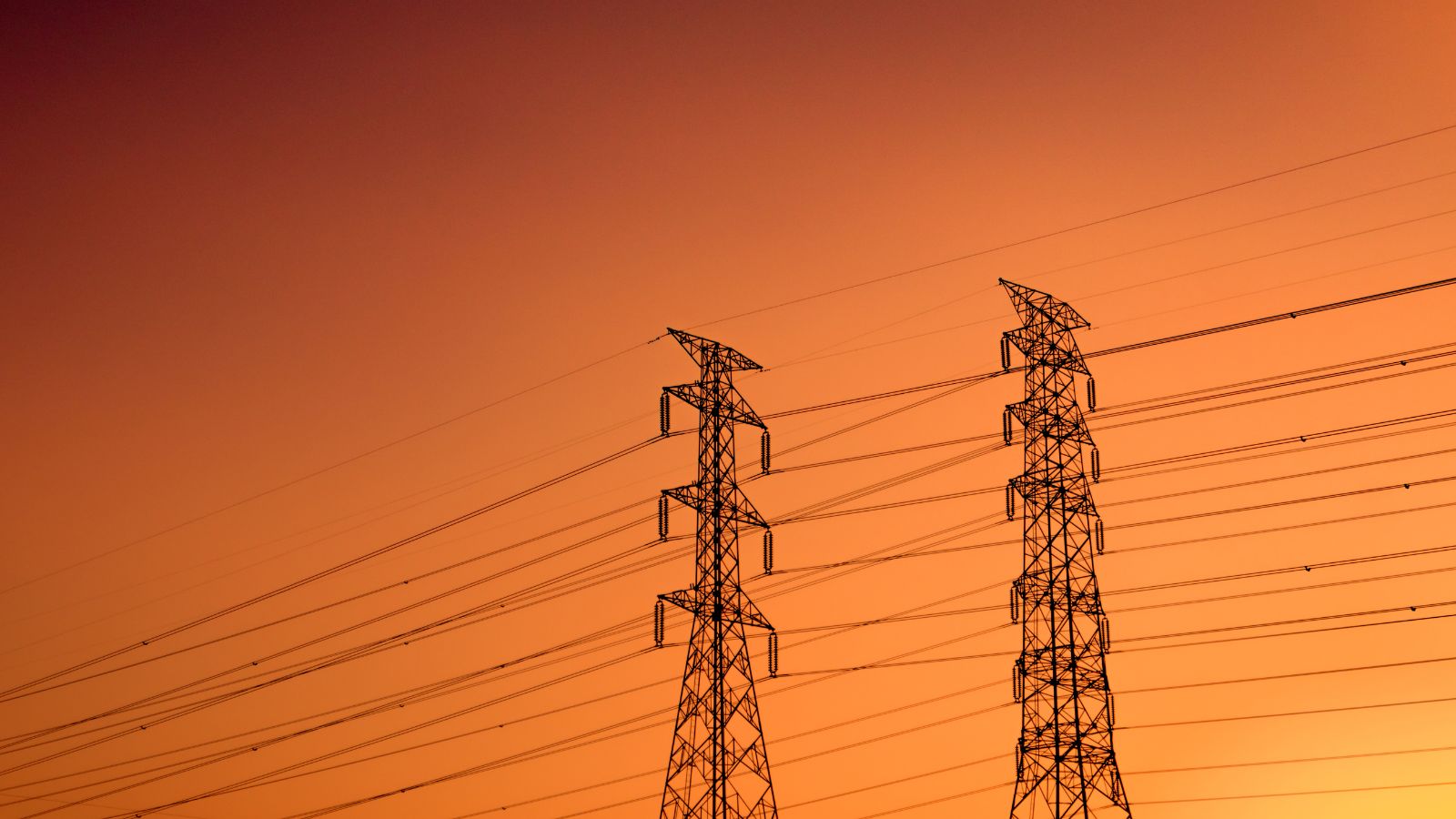
EASE has prepared an analysis that aims to shed light on the numerous benefits of thermal energy storage (TES) by providing an overview of technologies, inspiring projects, business cases, and revenue streams.
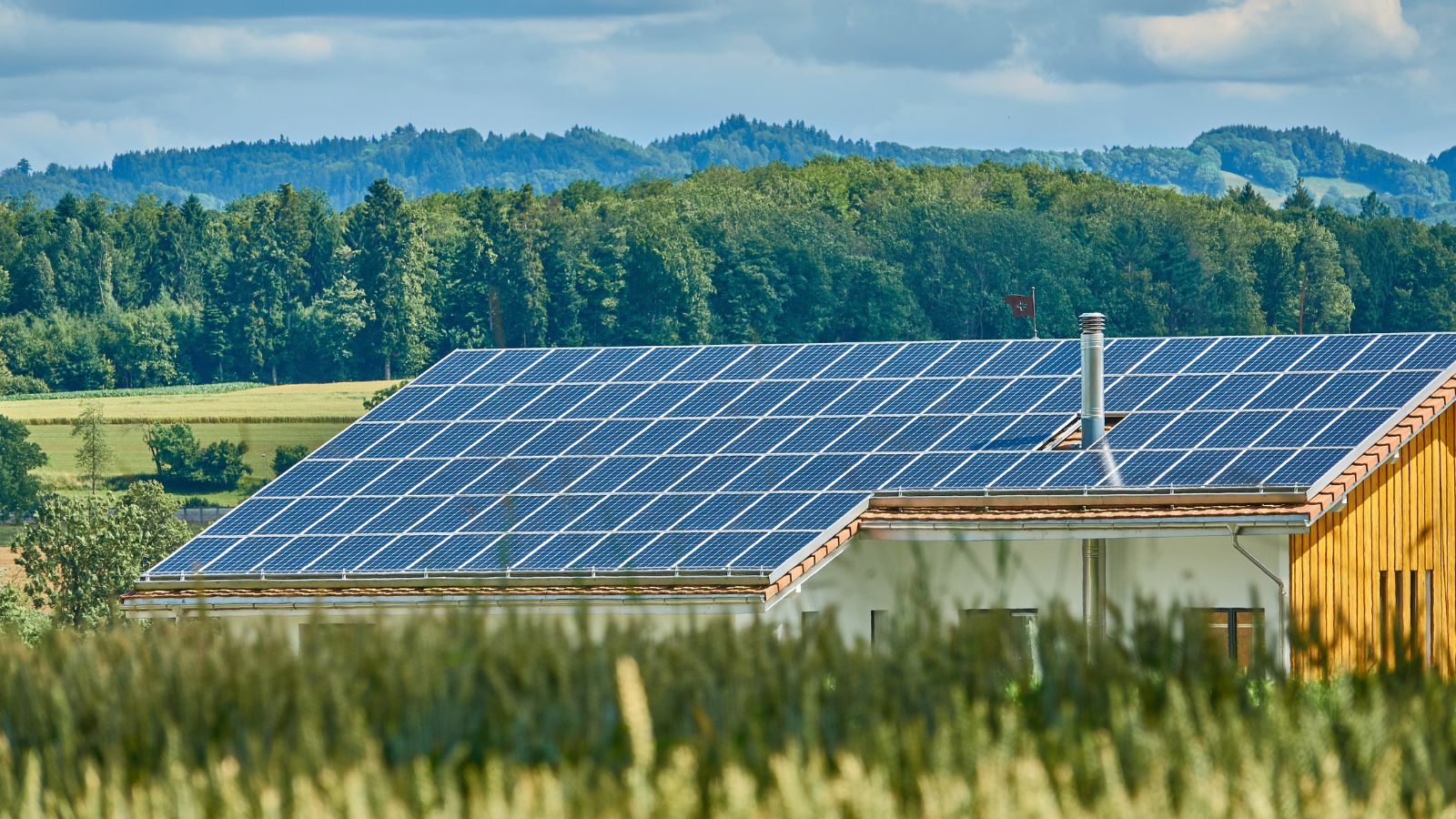
EASE Task Force Behind-the-Meter has prepared an overview of Business Case and Taxonomy of Behind-the-Meter Battery Energy Storage Systems in Europe.

EASE has finalised a paper on the upcoming electricity market design revision, highlighting how energy storage can enable a carbon-neutral future.

EASE is actively shaping the legal and R&D funding framework for energy storage at EU level. Members gain direct influence in the European decision-making process.

Members benefit from EASE’s expertise and technical know-how, and they can participate in EU-funded research projects. EASE is currently involved in many EU-funded projects.

EASE gathers knowledge, information and data about future market developments that can help the energy storage stakeholders to adapt to the changing business environment.

Featuring in EASE’s publications and events, such as the Energy Storage Global Conference, gives you visibility and the opportunity to strengthen your network among storage experts.
European civil and cleantech society urges the Commission to deliver a bold Clean Industrial Deal to strengthen the EU’s cleantech leadership and net zero economy.
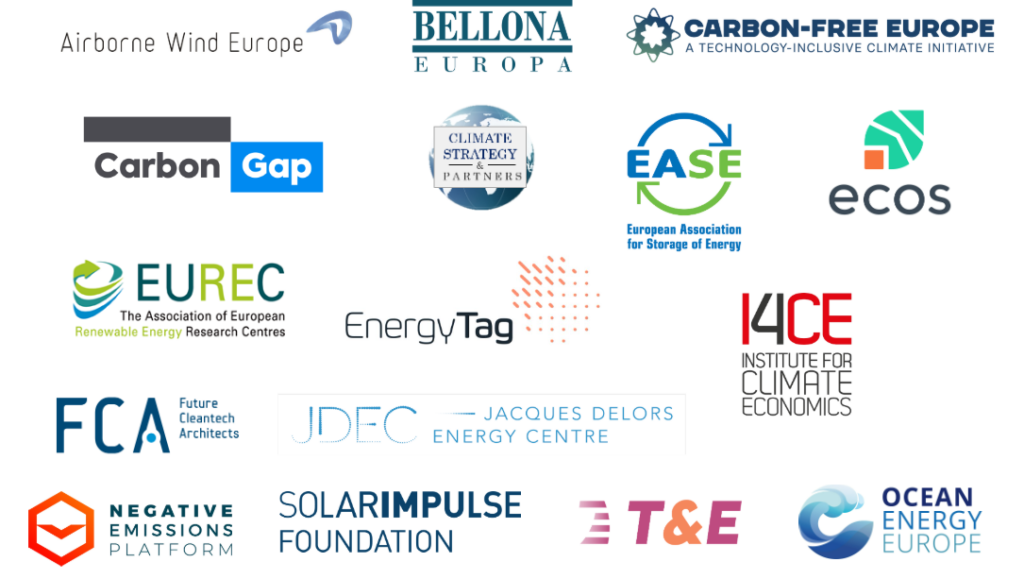
NTPC Ltd., India’s largest integrated power generation company, has announced the launch of its first CO2 battery energy storage project – a significant milestone in its journey towards sustainable and innovative energy solutions. The project shall be executed on a Turnkey basis by M/s. Triveni Turbine Limited along with their technology partner M/s. Energy Dome.
Naturgy, in collaboration with the City of Energy Foundation (CIUDEN) attached to the Institute for Just Transition (ITJ) under the Ministry for Ecological Transition and Demographic Challenge (MITECO), has successfully completed the first tests for the installation and commissioning of an energy storage system based on second-life batteries from Mercedes-Benz electric vehicles.
On 27 January, the Estonian government coalition announced plans to hold auctions for offshore and onshore wind parks, each with a capacity of 2 TWh. These auctions, set to be launched in April, are part of broader efforts to transition to renewable energy and enhance the country's energy security.
On 29 January 2025, the European Commission presents the Competitiveness Compass, the first major initiative of this mandate. The Compass revolves around three core areas for action: innovation, decarbonisation, and security.

Alpiq is strengthening its position as a provider of flexibility to the energy system with the acquisition of Harmony Energy France’s battery project in the department of Oise, north of Paris.

EASE highlights energy storage as key to a secure and resilient energy transition in its response to the EU's Energy Security consultation.
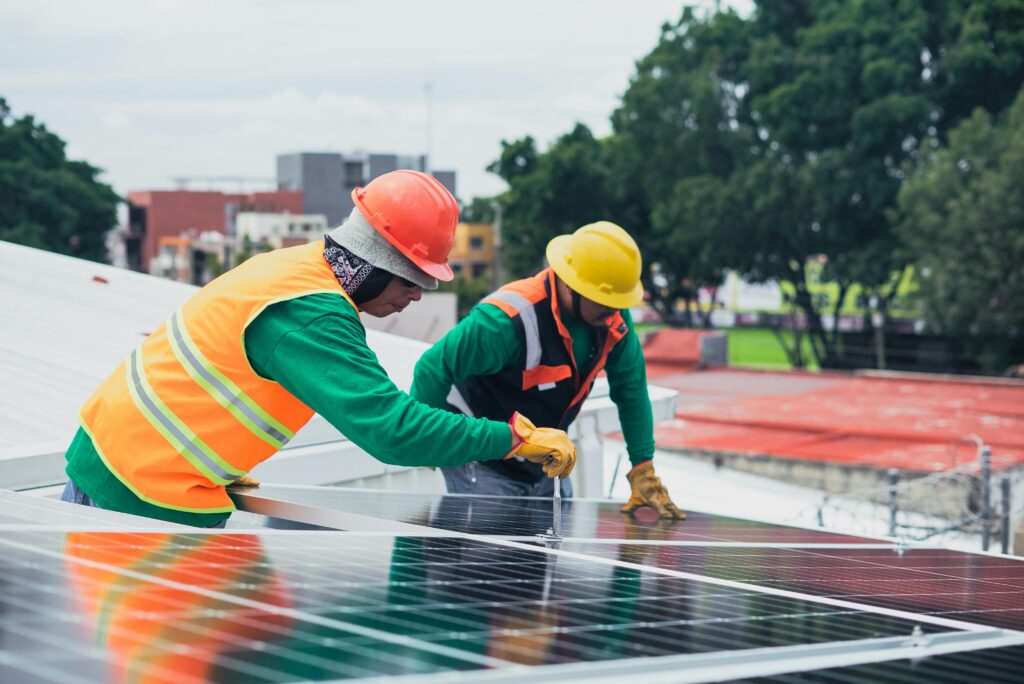
EASE highlights energy storage as key to a secure and resilient energy transition in its response to the EU's Energy Security consultation.
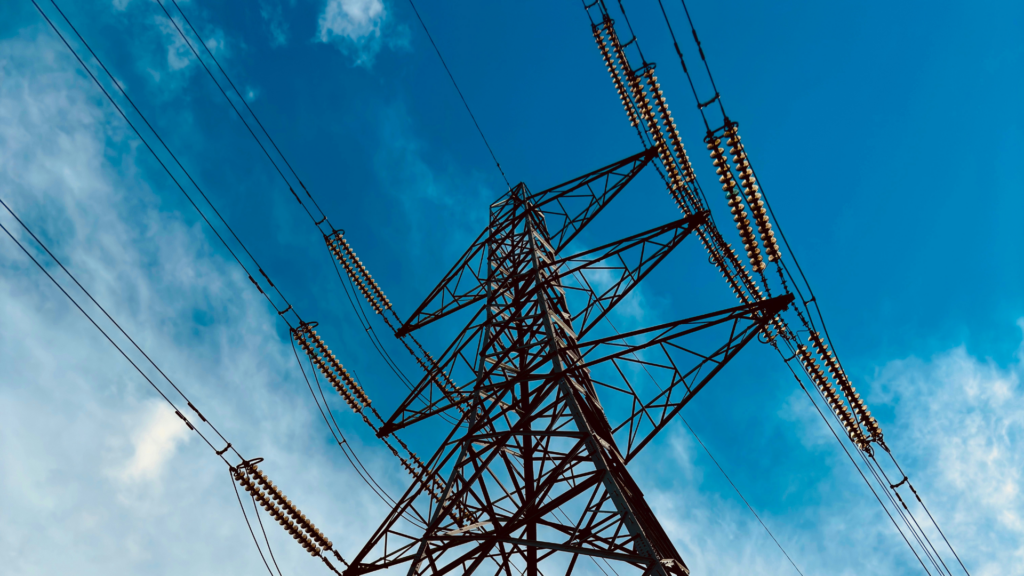
The Electricity Market Design Reform (EMDR) tasked the DSO Entity and ENTSO-E with developing a methodology to analyse flexibility needs. A draft proposal of this methodology is currently under consultation before its submission to ACER for possible amendments and approval.
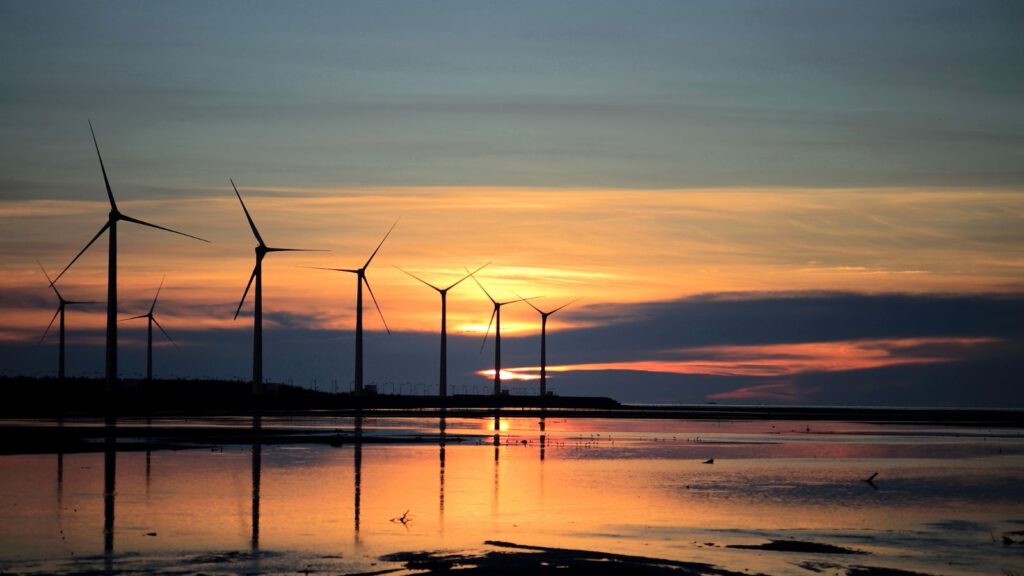
EASE has prepared a response to ACER's public consultation on templates for voluntary Power Purchase Agreements (PPAs) in the EU energy market.